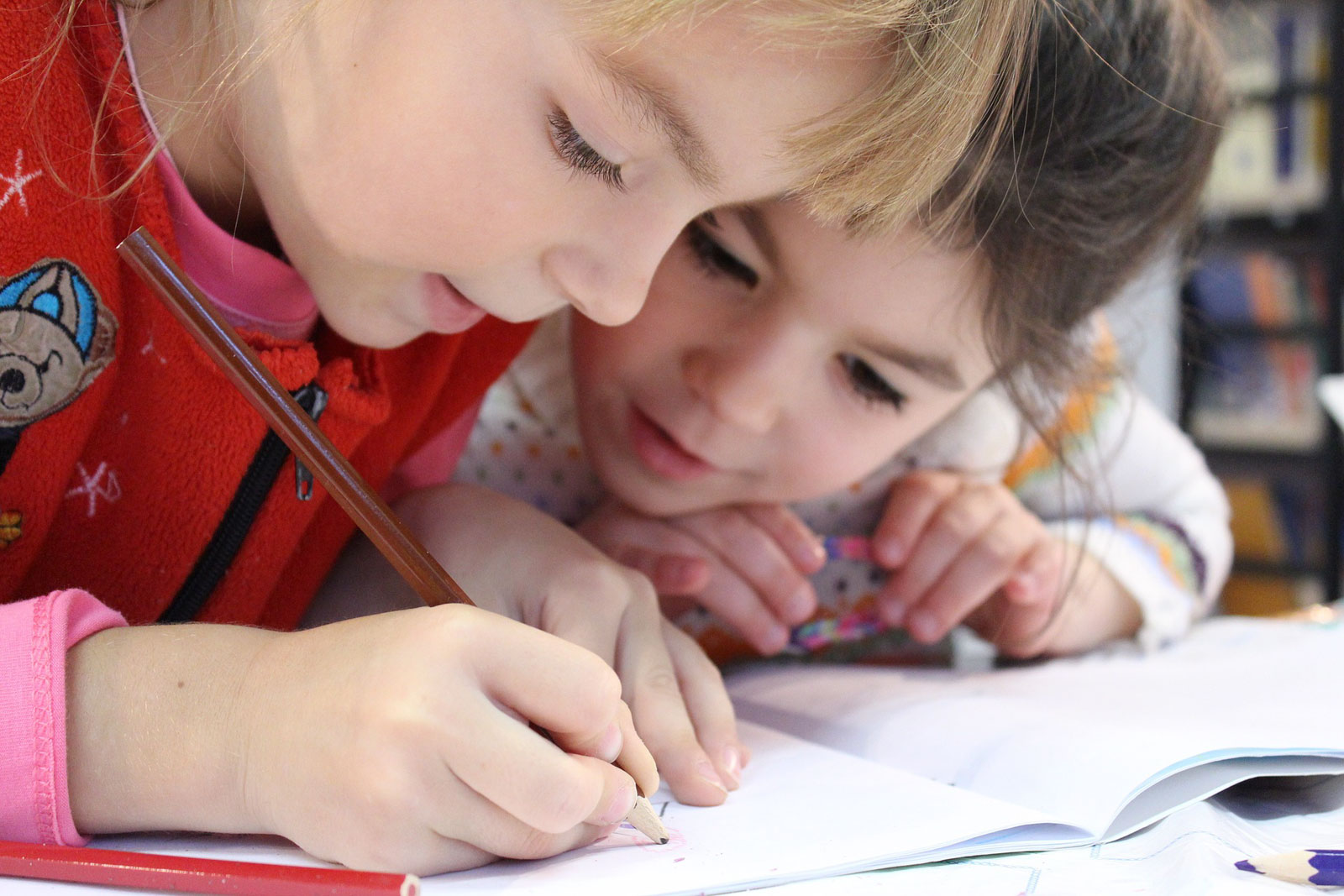The Local newsletter is your free, daily guide to life in Colorado. For locals, by locals.
We’ve heard the cry from educators and coaches: If children don’t become flexible, teachable students, how will they cut it in the “real world”? For parents, there’s really no blueprint for how to teach children before they reach the classroom. So we turned to Christine Cerbana, marketing director for Colorado Parenting Matters, an organization that provides leadership, education, resources, and support to Colorado families. She shared some tips on how to help your child start his or her educational journey off right.
The Keys to School Readiness: According to the Zero to Three: The National Center for Infants, Toddlers, and Family, the school-ready child is confident, curious, empathic, persistent, communicative, collaborative, cooperative, a problem-solver, creative, and self-controlled. Cerbana says that parents should be coaching and modeling these skills leading up to their child’s first day of school. “When we talk about school readiness, we think about the ABCs, colors, and shapes. But school readiness is misunderstood,” Cerbana says. “As parents, we need to get the kids ready to learn with these basic skills. The youngest learners need to be focused on practicing social skills and learning to self-regulate their behavior.”

Develop the “Growth Mindset”: Try telling a toddler they aren’t doing something perfectly. It might not go over very well. Cerbana says that parents can set a foundation for how their child will react to challenges by teaching them that struggling is a chance to display hard work and accepting criticism respectfully will help them improve.
Share the Teaching: You’ve been your kid’s best and favorite teacher since the day he was born, and now it’s time to share your duties. Not only is your child going to continue to polish his ABCs at school, but it’s also helpful for him to learn how to build relationships with other trusted adults. Cerbana says if your child feels safe with a teacher, he’ll learn easier. If your kiddo seems to be struggling with the teacher-student relationship, hear him out, gauge if the problem is solvable at home, and if not, start with a casual chat with the teacher. Remember, your kid is watching how you handle the situation, and will follow your lead.
Homework: If Junior comes out of his first years of school knowing his colors, numbers, and how to spell his name, awesome. If not, don’t worry. No matter where your student sits in terms of learning the curriculum, Cerbana recommends that parents focus on three things until they are mastered: self-regulation (temper control and behavior), communication, and getting along with classmates. These skills will help set a foundation for future learning.








